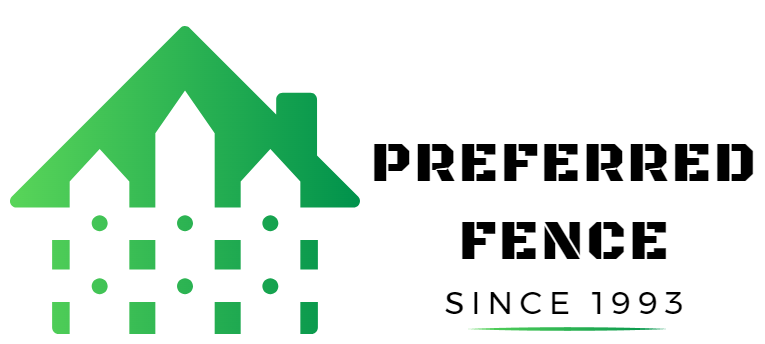How to Choose the Right Fence for Your Staten Island Home
February 19, 2024
Expert Tips and Considerations for Selecting the Perfect Fence
Introduction:
Choosing the right fence for your Staten Island home is an important decision that can enhance your property's security, privacy, and curb appeal. With various options available, it's essential to consider factors such as material, style, and functionality to find the perfect fence that meets your needs and complements your home's aesthetic. In this guide, we'll explore key considerations to help you make an informed decision when selecting a fence for your Staten Island residence.
Factors to Consider When Choosing a Fence:
Purpose and Functionality:
Before selecting a fence, determine its primary purpose. Are you looking to enhance security, create privacy, define boundaries, or simply add visual appeal to your property? Understanding the intended function of the fence will guide your decision-making process and help you choose the most suitable option.
Material:
Different fencing materials offer varying levels of durability, maintenance requirements, and aesthetic appeal. Common materials for residential fences include wood, vinyl, aluminum, and wrought iron. Consider the pros and cons of each material in terms of longevity, maintenance, and cost to determine which best aligns with your preferences and budget.
Style and Design:
The style of your fence should complement your home's architecture and landscaping while reflecting your personal taste. Whether you prefer the classic charm of a picket fence, the modern sleekness of a horizontal slat fence, or the ornate elegance of an iron fence, choose a style that enhances your home's curb appeal and adds value to your property.
Height and Privacy:
Consider the desired height of your fence based on the level of privacy you wish to achieve. Taller fences provide greater privacy and security but may require zoning approvals and adherence to local regulations. Be sure to check with your homeowner's association and local authorities to ensure compliance with height restrictions and property line setbacks.
Maintenance Requirements:
Evaluate the maintenance needs of different fence materials to ensure they align with your lifestyle and preferences. While some materials, like vinyl and aluminum, require minimal upkeep and are resistant to rot, decay, and insect damage, others, such as wood, may need regular staining or sealing to maintain their appearance and longevity.
Climate and Environmental Factors:
Consider the climate and environmental conditions of Staten Island when choosing a fence material. Factors such as saltwater exposure, high winds, and humidity can impact the durability and lifespan of certain materials. Opt for materials that are suited to withstand Staten Island's climate and weather conditions for long-lasting performance.
Budget:
Establish a budget for your fence project and factor in all associated costs, including materials, installation, permits, and maintenance. Compare quotes from multiple fencing contractors to ensure you're getting a competitive price for the quality of workmanship and materials offered.
Conclusion:
Choosing the right fence for your Staten Island home requires careful consideration of various factors, including purpose, material, style, functionality, and budget. By assessing your needs and preferences and consulting with experienced fencing professionals, you can select a fence that enhances the beauty, security, and value of your property for years to come. Whether you opt for a classic wooden picket fence, a low-maintenance vinyl privacy fence, or an elegant wrought iron fence, investing in the right fence will transform your Staten Island residence into a haven of comfort and style.
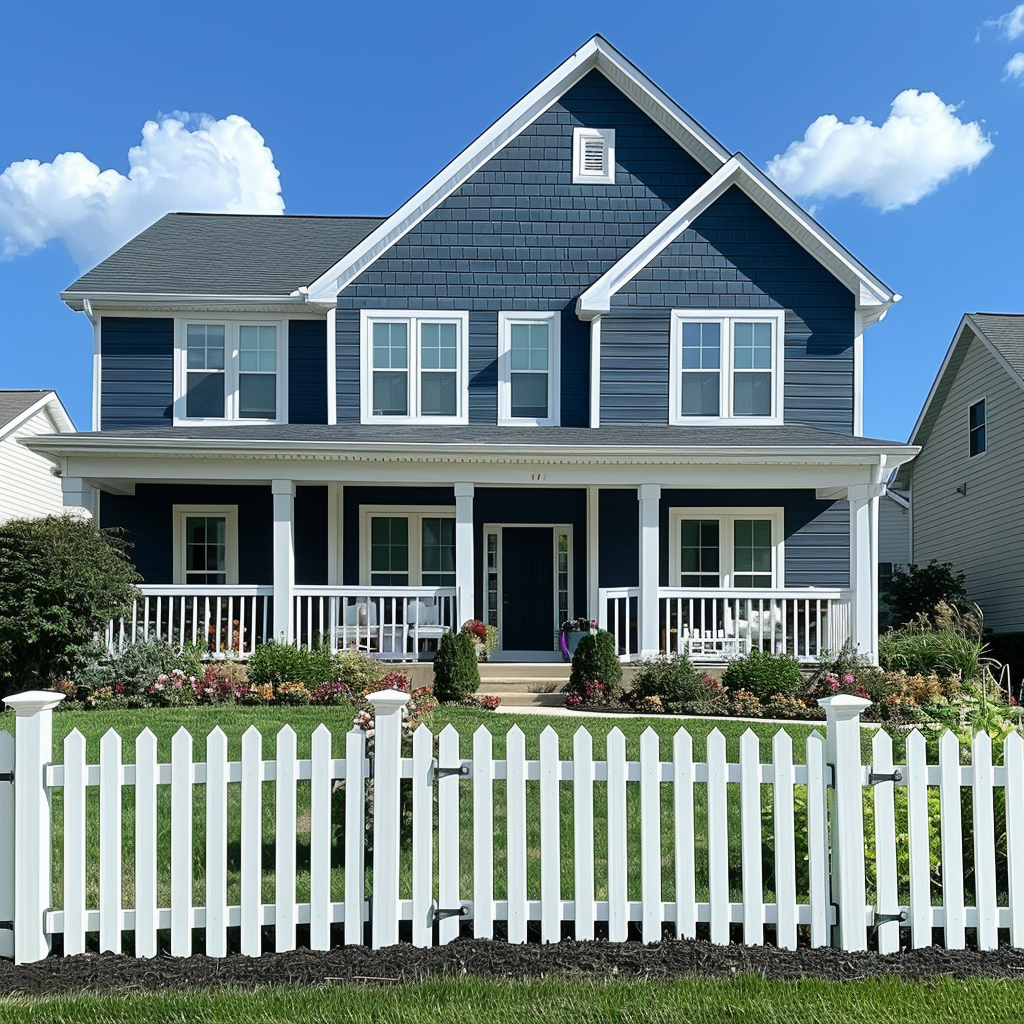
Enhance Your Property's Privacy, Security, and Curb Appeal with Durable, Low-Maintenance Vinyl Fencing When it comes to enhancing your property's curb appeal and ensuring privacy and security, choosing the right fence is crucial. For homeowners in Staten Island, New York, vinyl fences have become a popular choice due to their durability, aesthetic appeal, and low maintenance requirements. In this comprehensive guide, we'll explore the benefits of vinyl fences, why they are ideal for Staten Island properties, and tips for choosing the perfect vinyl fence for your home. Why Choose Vinyl Fences? 1. Durability and Longevity Vinyl fences are known for their exceptional durability. Unlike wood or metal, vinyl does not rot, rust, or warp. This makes vinyl fencing an excellent long-term investment, particularly in Staten Island's diverse weather conditions. Vinyl can withstand heavy rain, snow, and even the salty air from nearby beaches. 2. Low Maintenance One of the biggest advantages of vinyl fencing is its low maintenance requirements. Vinyl fences do not need painting or staining, and cleaning is as simple as hosing them down with water. This is a significant benefit for busy Staten Island homeowners who want a beautiful fence without the hassle of regular upkeep. 3. Aesthetic Appeal Vinyl fences come in a variety of styles, colors, and textures, allowing you to choose a design that complements your home's architecture and landscaping. Whether you prefer the classic look of a white picket fence or a modern, sleek design, there is a vinyl fence that suits your taste. 4. Eco-Friendly Vinyl fences are environmentally friendly as they are made from recyclable materials. Choosing vinyl over traditional wood helps reduce deforestation and minimizes your carbon footprint. Why Vinyl Fences are Perfect for Staten Island 1. Weather Resistance Staten Island experiences a range of weather conditions, from hot, humid summers to cold, snowy winters. Vinyl fences are designed to withstand these extreme conditions without deteriorating, making them a smart choice for the local climate. 2. Enhanced Privacy and Security In densely populated areas like Staten Island, privacy and security are top concerns for homeowners. Vinyl fences provide a solid barrier that enhances privacy and keeps unwanted intruders out, giving you peace of mind. 3. Increase Property Value A well-maintained, attractive vinyl fence can significantly boost your property's curb appeal and overall value. Potential buyers in Staten Island are likely to appreciate the aesthetic and practical benefits of a vinyl fence, making your home more appealing on the market. Tips for Choosing the Perfect Vinyl Fence 1. Consider Your Needs Before selecting a vinyl fence, think about your primary needs. Are you looking for privacy, security, or simply to enhance your yard's appearance? Your specific needs will help determine the height, style, and color of your fence. 2. Check Local Regulations Staten Island has specific regulations and codes regarding fence installation. Make sure to check with local authorities or a professional fencing company to ensure your fence complies with all local rules and regulations. 3. Choose a Reputable Installer While vinyl fences are relatively easy to install, hiring a professional ensures the job is done correctly and efficiently. Look for reputable fencing companies in Staten Island with positive reviews and a portfolio of completed projects. 4. Explore Customization Options Vinyl fences offer numerous customization options. You can choose from different heights, colors, and styles, including picket, privacy, and semi-privacy designs. Some manufacturers also offer decorative elements such as lattice tops and post caps to add a unique touch to your fence. 5. Budget Wisely While vinyl fences are a cost-effective option in the long run, the initial investment can be higher than other materials. Set a budget and explore different options within your price range. Remember that the long-term benefits often outweigh the upfront costs. Conclusion Vinyl fences are an excellent choice for Staten Island homeowners seeking a durable, low-maintenance, and attractive fencing solution. With their weather resistance, aesthetic versatility, and minimal upkeep, vinyl fences provide long-term value and enhance your property's appeal. By considering your specific needs, complying with local regulations, and choosing a reputable installer, you can enjoy the many benefits of a beautiful vinyl fence for years to come.
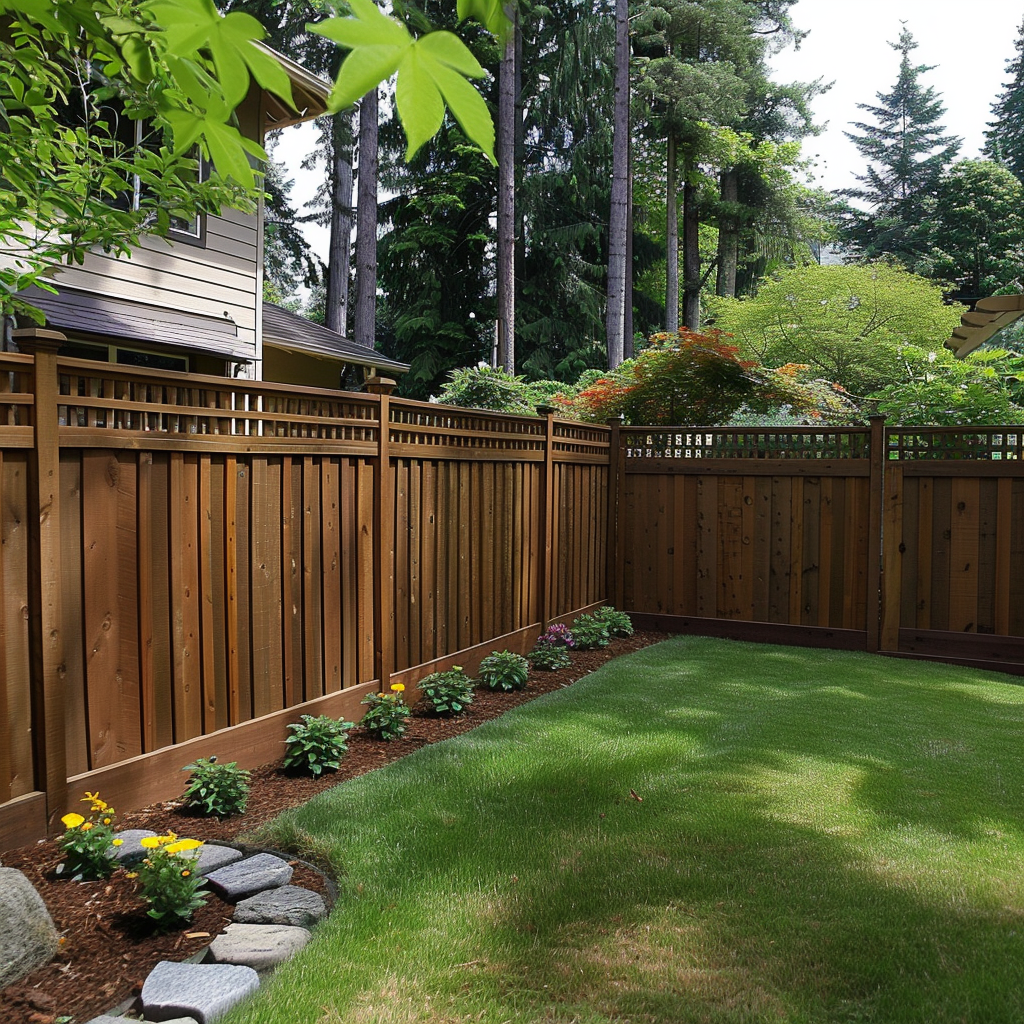
Discover the enduring allure and practical benefits of wood fences in our comprehensive guide. From their rich history to customizable design options and eco-friendly considerations, explore why wood fences remain a beloved choice for homeowners seeking timeless elegance and functional versatility in their outdoor spaces.
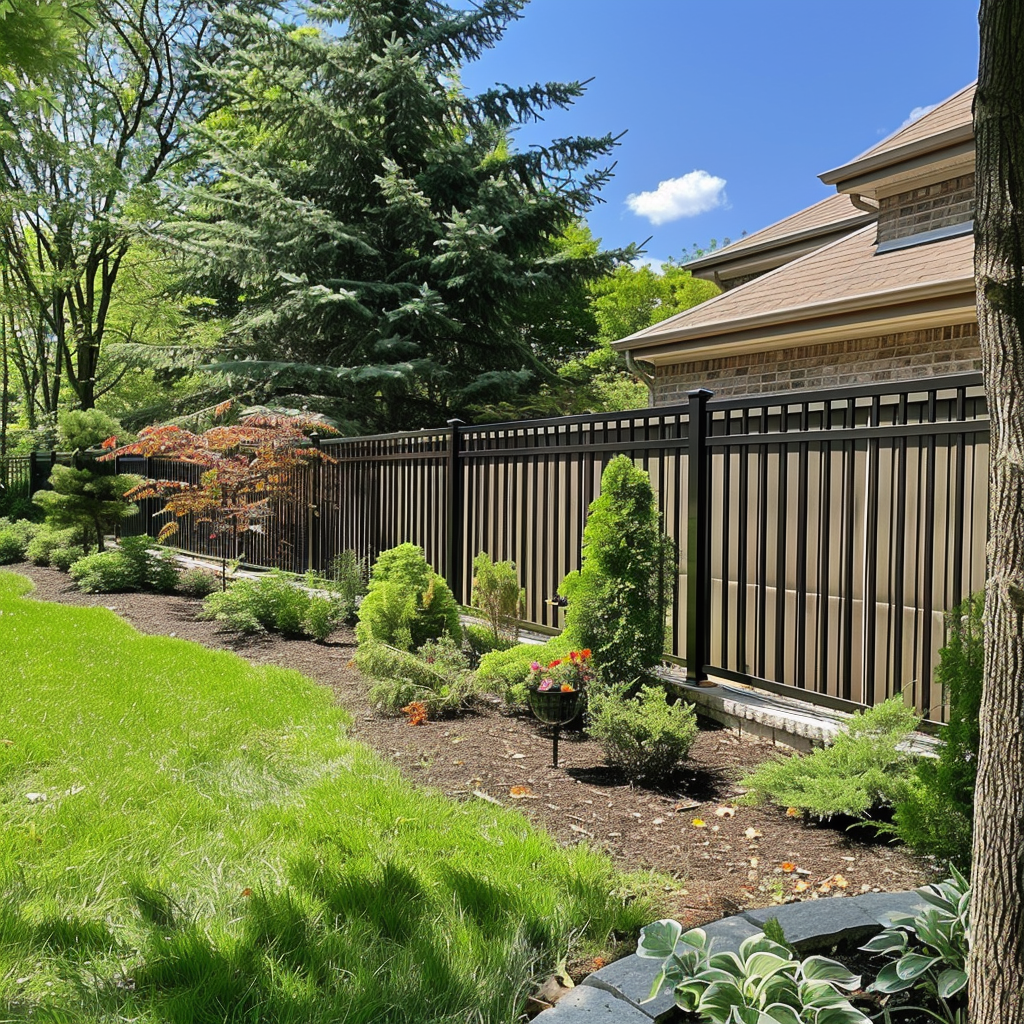
Experience the beauty and benefits of aluminum fences with our comprehensive guide. Discover why aluminum fences have become a popular choice for homeowners and property owners seeking durability, versatility, and aesthetic appeal. From construction and installation to maintenance tips and applications, explore the advantages of aluminum fences for residential and commercial properties alike. Learn how aluminum fences provide security, enhance curb appeal, and offer eco-friendly solutions for your outdoor space. Dive into our guide to unlock the full potential of aluminum fencing for your property.
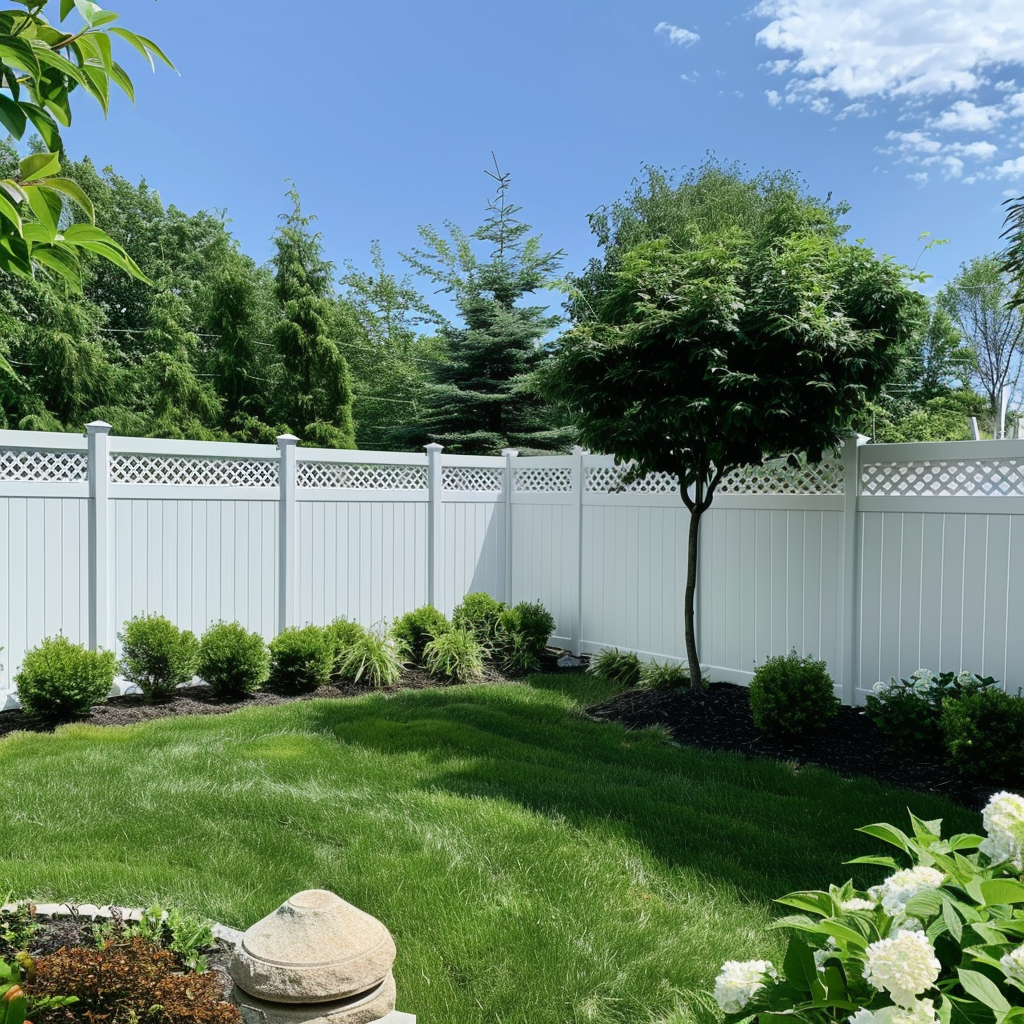
PVC fences offer a durable, low-maintenance, and versatile fencing solution for residential and commercial properties alike. With their long-lasting performance, aesthetic appeal, and environmental benefits, PVC fences are an excellent choice for homeowners seeking a stylish and practical fencing option. Whether you're looking to enhance the curb appeal of your home, create a private oasis in your backyard, or define boundaries for your commercial property, PVC fences offer unmatched durability and style. Consider investing in a PVC fence today and enjoy years of reliable performance and beauty for your property.
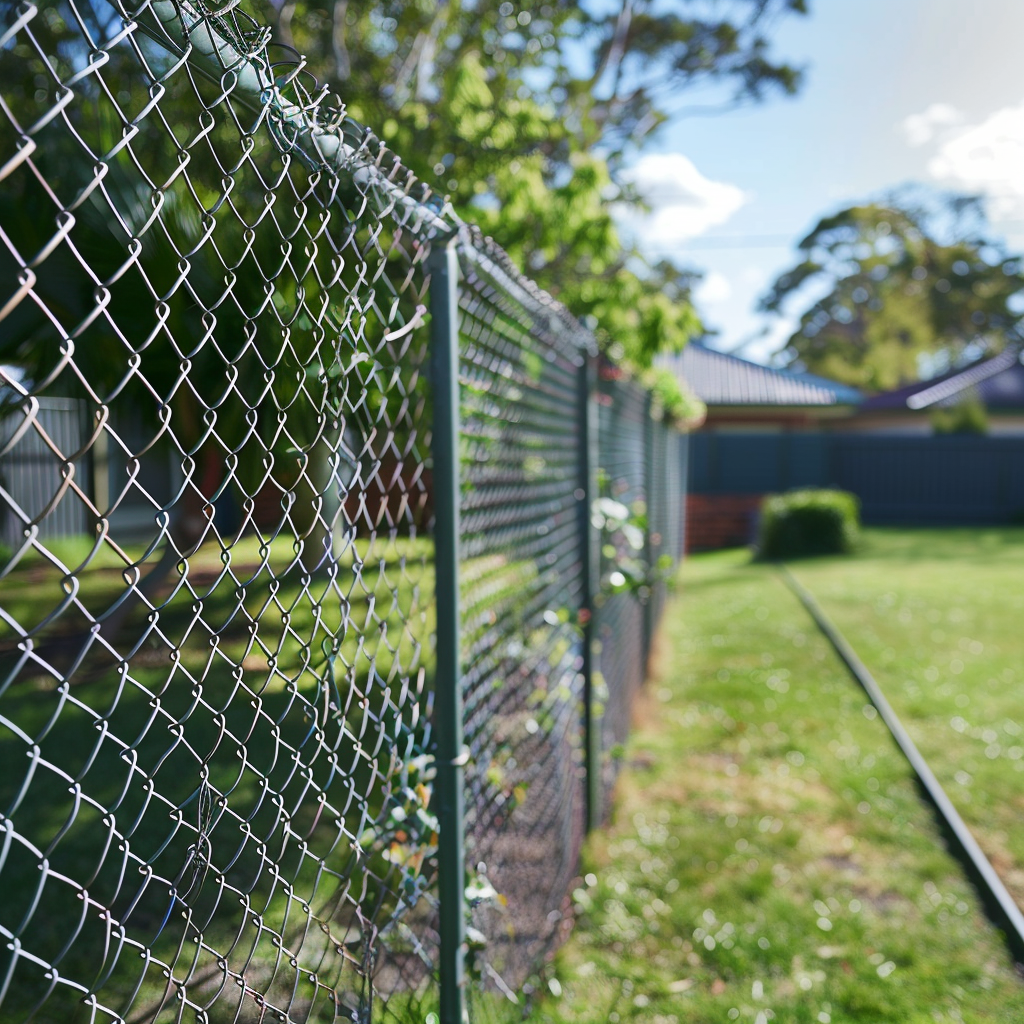
Unlock the versatility and benefits of chain link fences with our comprehensive guide. Learn about the construction, installation, and numerous advantages of these durable and affordable fencing solutions. From residential to commercial applications, discover why chain link fences are a popular choice for property owners seeking reliability, security, and cost-effectiveness. Whether you're enclosing your home, securing a business, or defining boundaries for recreational areas, chain link fences offer a practical and versatile solution. Invest in a chain link fence today and enjoy years of reliable performance and peace of mind for your property.
